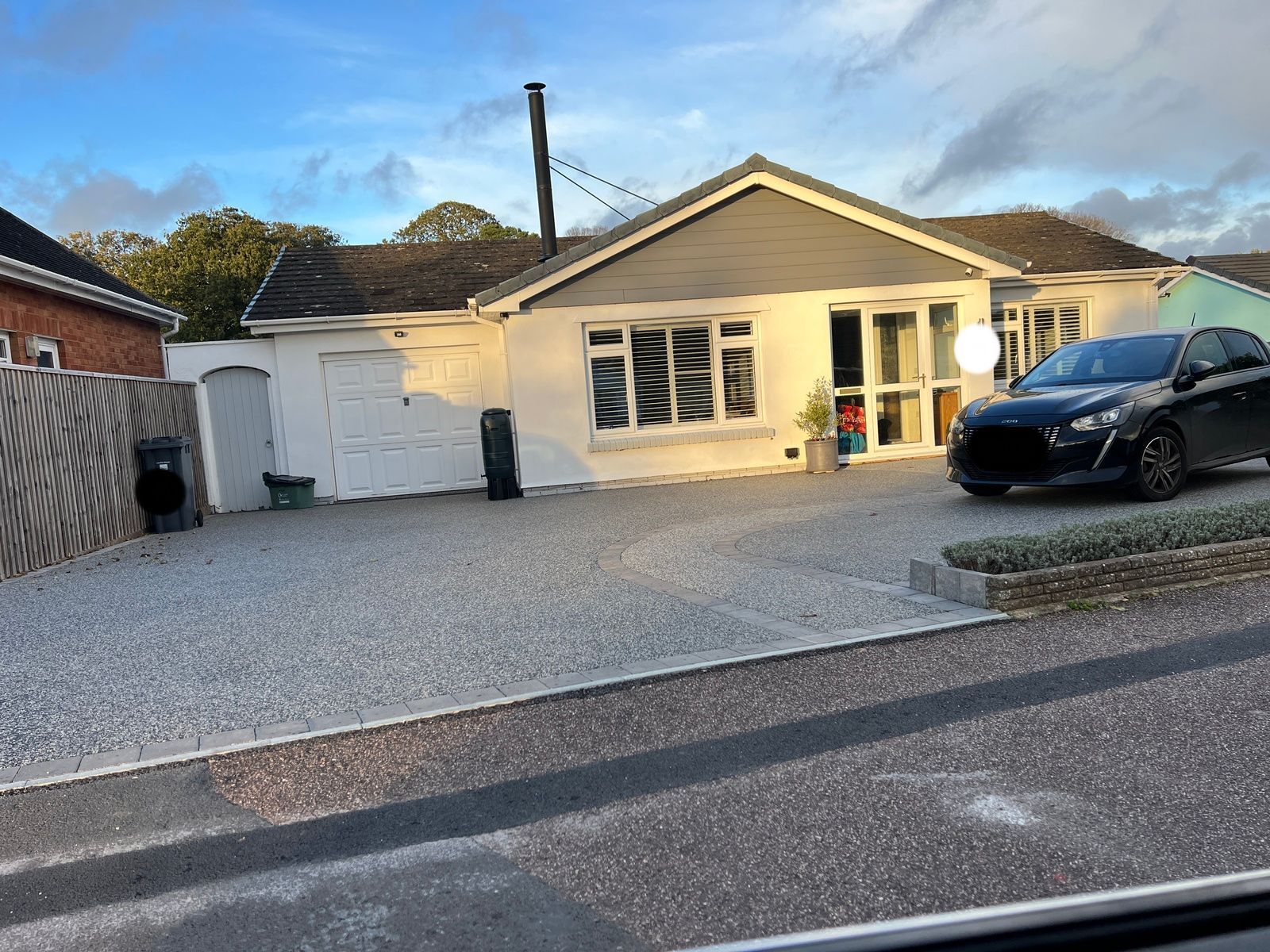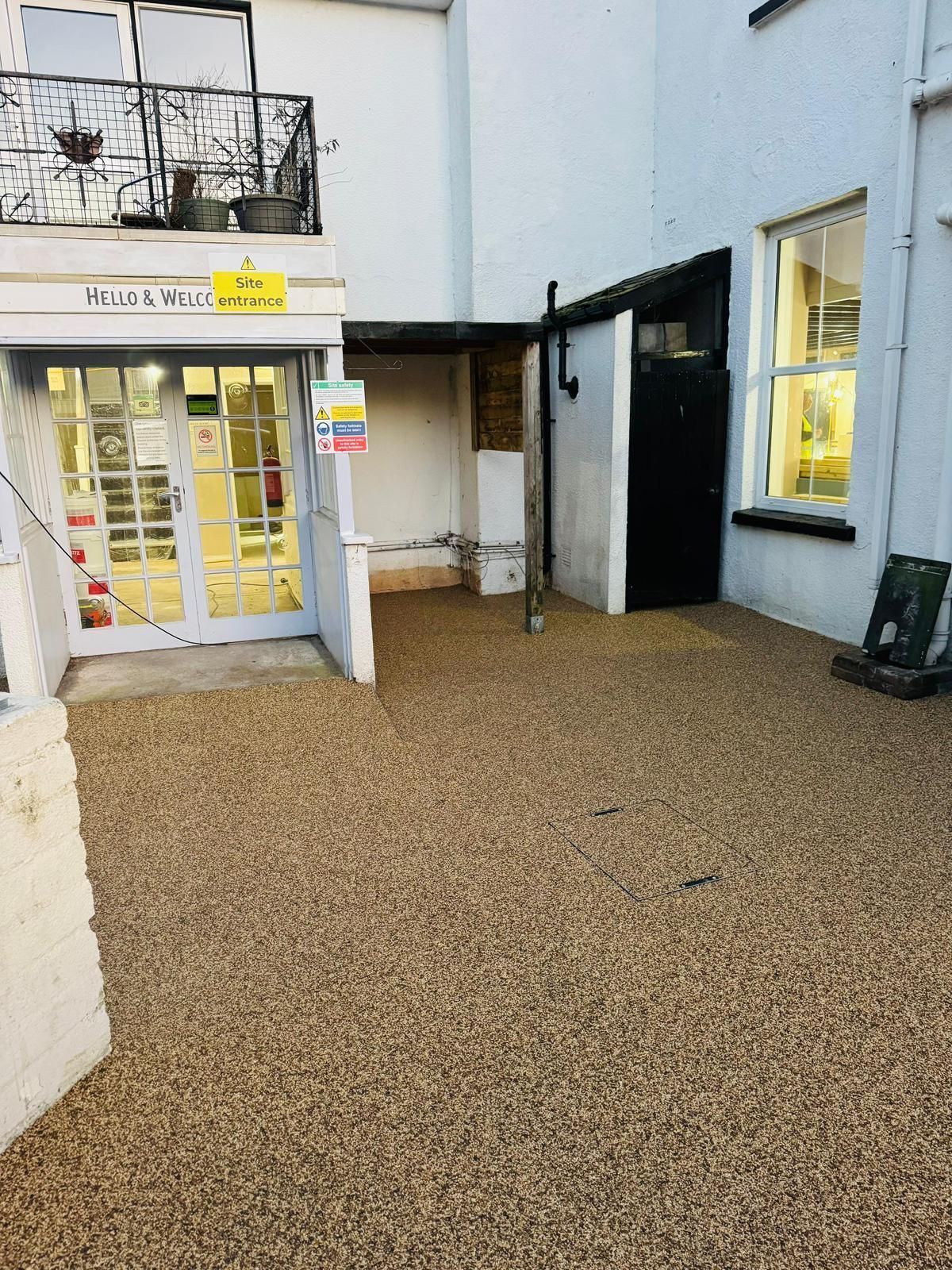Investing in Your Holiday Property’s Future with Professional Resin Installation
Investing in Expert Resin Installation for the Future of Your Vacation Home

Understanding the resin mixing process helps new homeowners appreciate the precision involved in creating a lasting driveway surface. The two-part resin must be blended in exact proportions and thoroughly combined with the chosen aggregate to ensure proper curing and bonding.
Before any resin is applied,
thorough driveway base preparation creates the foundation for success. This typically involves excavating to an appropriate depth, installing a sub-base of crushed stone, and adding a binding layer that provides stability for the resin surface.
The importance of proper preparation cannot be overstated—it directly affects how long your driveway will last and how well it performs in various weather conditions. Professional installers pay careful attention to drainage gradients and edge details during this critical phase.
Application and Curing
During installation, technicians employ specialised
resin application techniques to ensure even coverage and consistent texture. The mixture is typically hand-troweled to achieve the desired finish, requiring both skill and experience to create a smooth, uniform surface.
The resin curing time varies depending on weather conditions, particularly temperature and humidity. Typically, the surface becomes touch-dry within a few hours, but complete curing that allows vehicle traffic takes 24-48 hours. Patience during this phase protects your investment for years to come.
Most installations follow a carefully planned driveway installation timeline that minimises disruption
while ensuring quality. A typical residential project spans 3-5 days from start to finish, depending on size and complexity.
Maintenance and Care
After installation, understanding
resin driveway maintenance requirements helps protect your investment. The good news for busy homeowners is that these requirements are minimal compared to other driveway surfaces.
Regular
resin driveway cleaning with a pressure washer or stiff brush removes surface debris that might otherwise cause staining. Most installations require cleaning just 2-3 times per year to maintain their appearance.
Occasional
resin driveway sealing may be recommended in high-traffic areas or after several years of use. Should damage occur,
resin driveway repairs are typically straightforward and localised, avoiding the need for complete replacement.
Proper
resin driveway aftercare in the first few months includes avoiding heavy loads and giving the material time to stabilise fully. Following these guidelines ensures your new driveway remains attractive and functional for decades to come.




